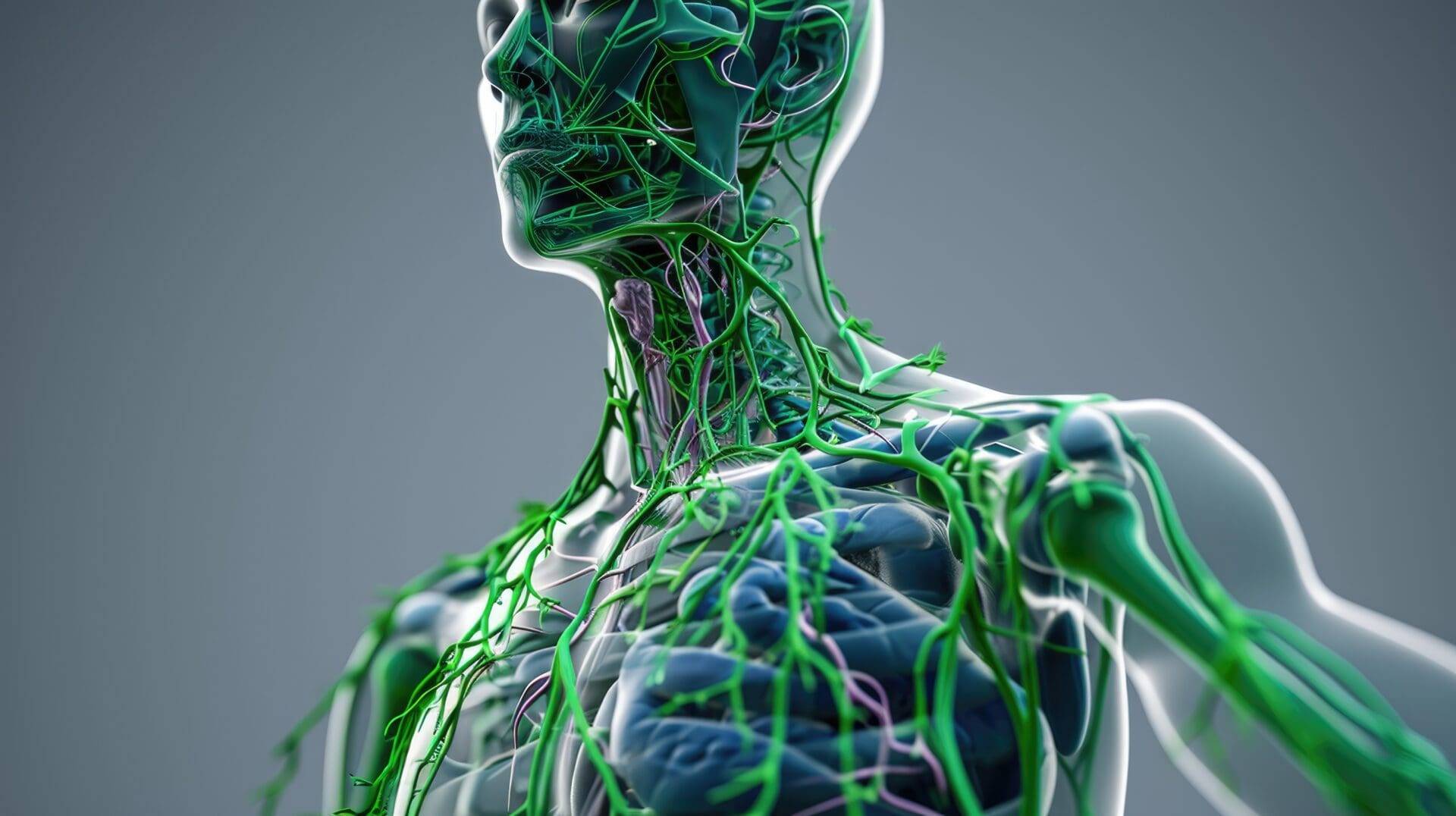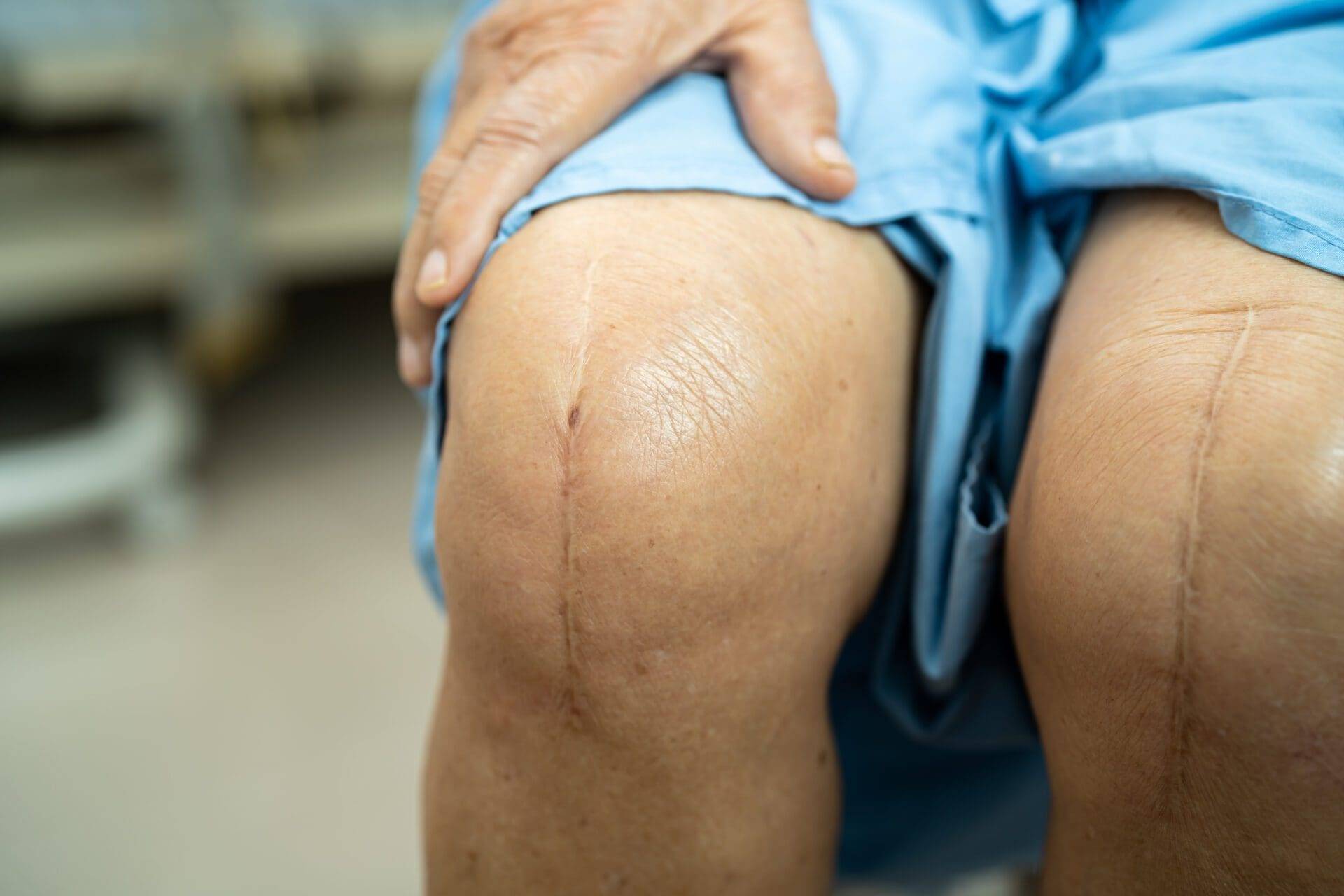By Melissa MacIntosh RMT, CDT
Undergoing surgery can be a significant step towards recovering from injury and improving your health. After the operation, it is crucial that you have an effective post-surgical care and recovery plan in place. Manual lymphatic drainage (MLD) therapy stands out as a highly effective technique in aiding post-surgical recovery. In this article, we discuss the importance of lymphatic drainage treatments in post-operative care and how they can benefit individuals on their road to recovery.

Before diving into the specifics of post-surgical recovery, it’s best to have an understanding of the lymphatic system and its role in the body. The lymphatic system is a network of vessels and lymph nodes that play a vital role in immune function and fluid balance. It helps remove toxins, waste products, and excess fluid from the body tissues, keeping them healthy and functioning optimally. Manual lymphatic drainage (MLD) is a specialized massage technique designed to stimulate the lymphatic system, which plays a crucial role in facilitating the removal of excess fluid and waste products. This gentle, rhythmic massage technique is performed by skilled therapists trained in lymphatic drainage protocols.

A series of physiological responses occur in the body after surgery to aid in the healing and recovery process. Surgical procedures disrupt the regular flow of your lymphatic system, which may lead to swelling, inflammation, decrease in mobility or range of motion, and impaired immune function. These post-operative challenges can prolong recovery time and increase discomfort. For example, if you undergo a total knee replacement, you can expect to experience moderate swelling and bruising throughout the entire leg which will limit your mobility and knee range of motion. Incorporating MLD into your post-surgical care can significantly enhance your recovery and get you back to regular daily activities faster. When working with a certified manual lymphatic drainage therapist, patients can benefit from personalized treatment plans specific to their post-surgical needs.

How Lymphatic Drainage Accelerates Post-Surgical Recovery:
- Reducing Swelling: One of the primary benefits of lymphatic drainage treatments post-surgery is its ability to reduce swelling. By promoting the removal of excess fluid from the tissues, MLD helps alleviate edema and minimize post-operative swelling, thereby improving comfort and mobility.
- Enhancing Healing: Lymphatic drainage therapy promotes tissue regeneration and accelerates the healing process by increasing lymphatic flow to the affected areas. This enhanced circulation delivers essential nutrients and oxygen to the tissues, supporting their repair and regeneration.
- Minimizing Scar Tissue Formation: Proper lymphatic drainage can help minimize the formation of scar tissue following surgery. By promoting the removal of cellular debris and toxins from the area, MLD supports healthy tissue remodeling and reduces the risk of adhesions and scar tissue formation.
- Boosting Immune Function: Surgery can temporarily suppress the immune system, leaving individuals vulnerable to infections and other complications. Lymphatic drainage therapy helps bolster immune function by clearing away toxins and pathogens, thereby reducing the risk of post-operative infections and supporting overall wellness.
- Alleviating Discomfort: Post-surgical pain and discomfort are common concerns for patients. Lymphatic drainage treatments can help alleviate pain and discomfort by reducing swelling, promoting relaxation, and releasing tension in the affected areas.

Whether recovering from cosmetic surgery, orthopedic procedures, cancer related or other surgical interventions, incorporating lymphatic drainage treatments into your recovery plan can make a significant difference in the overall recovery experience. With the guidance of skilled therapists and healthcare professionals, individuals can navigate their post-operative journey with greater comfort, confidence, and success.

